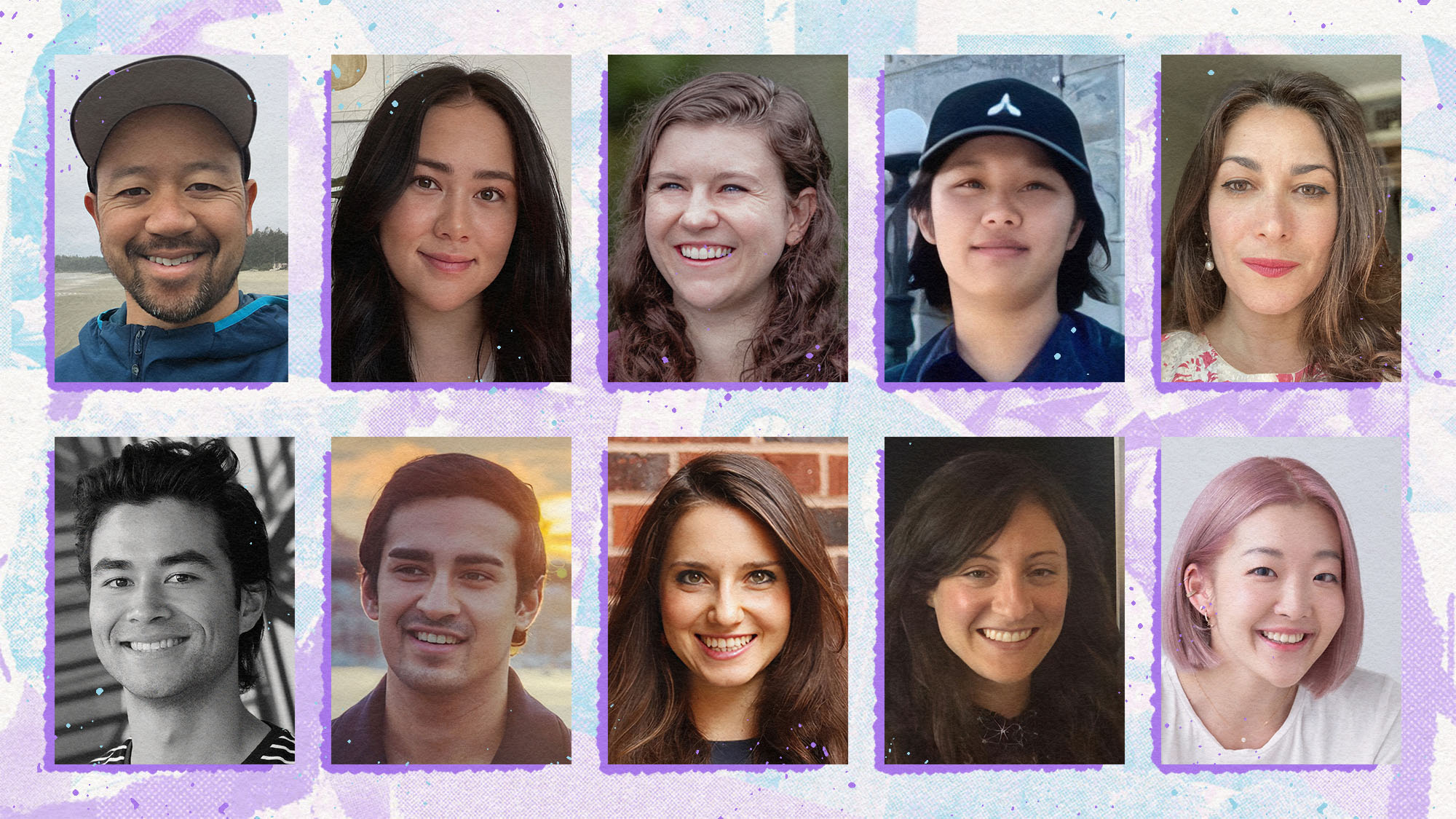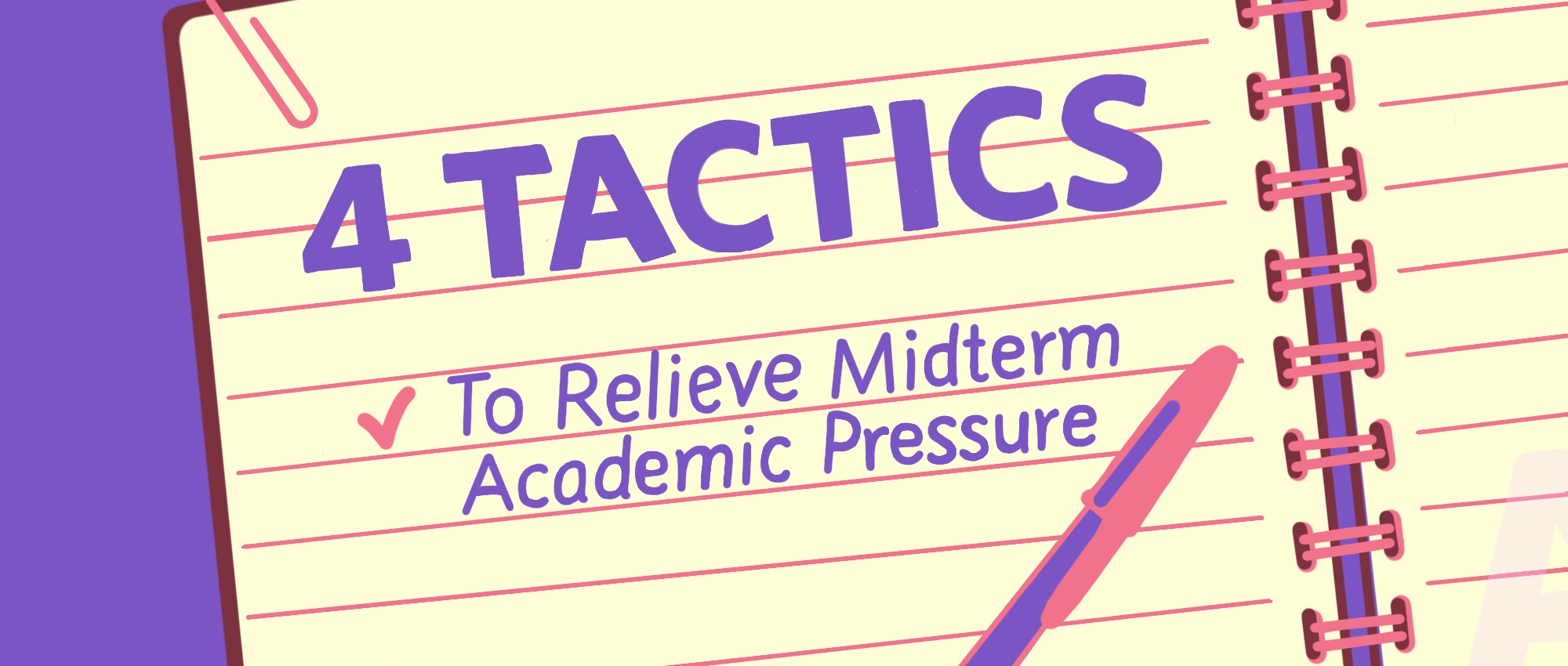Taking advantage of each opportunity, Anne Williams carved a path out for herself, creating positions that had previously never existed.
Anne graduated from UBC in 1990 with a BA in Political Science. She developed an interest in history and politics from her father, so Political Science always felt like a natural fit. Aside from her studies, Anne played intramural volleyball and soccer and loved to spend time socializing with her friends in residence and at the Pit.
Before working with Ovarian Cancer Canada, Anne held many positions including Media and Events Coordinator for the Injury Prevention Centre at Vancouver General Hospital (VGH) as well as a position developing Media Relations for Muscular Dystrophy Canada. She says she wasn’t sure which career path to follow after graduation but through her various jobs was able to figure out what she liked to do and how to do it.
As Manager of Awareness for Ovarian Cancer Canada, Anne is in charge of media relations and works closely with members of the media as well as advertising agencies to build awareness surrounding the needs and goals of her organization.
She suggests that students looking for a career in media relations capitalize on networking opportunities by volunteering for the organization or company they are interested in working with.
What is your current job title?
Manager of Awareness for Ovarian Cancer Canada
What previous positions led you to this one?
- Corporate and Media Relations Development for Western Canada for Muscular Dystrophy Canada;
- Coordinator of Safe-start Injury Prevention Program at Children’s Hospital;
- Media and Events Coordinator for BC Injury Prevention Centre out of Vancouver General Hospital;
- Marketing Representative for McDonald’s Restaurants of Canada (found in the student employment centre on UBC Campus)
How did you find and secure your current job?
By word of mouth from a former colleague at Children’s Hospital who mentioned to me Ovarian Cancer Canada was hiring. Many of the positions I’ve had are the result of networking. The types of people who recommend you tend to know where you will fit so it works out well.
What is your job description?
This organization is really small, but has recently received funding to expand. My role is to develop an organized national awareness plan in order to increase membership and support.
Can you give me an overview of a typical work day?
I handle media relations. For example, I send out press releases for upcoming events and I handle general questions from the media regarding the organization’s position on specific issues. Recently, I have been working with ad agencies and other experts who assist me in making decisions regarding how to approach specific audiences.
What aspects of your job are most important and satisfying?
The fact that I believe in what I am doing and passionate about it is very satisfying. Throughout my career I have always excelled when I believe I am making a difference. Some people go to work and do their job regardless, but I really need to believe in it. I feel it is important for anyone considering this field.
If they really believe in the cause, other people are going to pick up on it.
Another satisfying aspect about my job is being able to do something like a media interview or getting a story out there that saves somebody’s life. At the end of the day, you go home and feel like you’ve actually made a difference and that’s very satisfying.
What aspects are least satisfying?
I don’t really fit well into the 9 to 5 box. I’ve always loved to be independent because sometimes I’ll get inspiration at night and I’ll be at work until 8.
If there’s anything you could change about your job, what would it be?
No, this job is great. It’s a small group environment and I really enjoy that.
Before you started did you know what the job would be like?
No. But every single job that I’ve had, I was hired to create something that didn’t exist. At McDonald’s, I created a brand new community marketing program. It had never been done before, so we started from scratch. I’ve never been hired into an existing role to continue where someone left off. It’s interesting. I enjoy the challenge.
How did research your current position and organization?
A colleague of mine at Children’s Hospital told me a little bit about the position. She knows me really well over a couple of years so I had a good feeling about it.
Also my Grandmother died of Ovarian Cancer so I knew it was something I would be passionate about. Up until last July, there was only one person running the organization.
What salary range could a BA graduate expect in this field?
I would say a manager of a fairly small charity could expect to make from $40,000 – 45,000. If you’re trying to break in, you’re probably looking to start around $32,000 – 38,000.
What would you recommend that students interested in this field do while they’re in school to better their chances of finding work?
If you are interested in something, go check it out yourself. Originally I wanted work in the media, so I volunteered as an intern at CTV news. After that experience, I realized that I didn’t really like working in the media.
Try to volunteer at the charities where you’d like to work. It’s not always easy but if you can get in, you are going to meet the people that will do the hiring.
Co-op programs are also a great opportunity. Even if it’s not a lucrative position in the short term, it may be a really valuable networking experience.
What skills from your Arts degree helped you to create or find your current job?
Writing essays was great practice. Being able to take a lot of information and condense it into something manageable is a valuable skill. You also learn a lot of discipline at university. There’s a lot of pressure and it’s not always easy to juggle your social life and school work.
An Arts degree is great because it gives you a solid foundation. Being a generalist can be a pretty marketable thing; I would recommend going beyond that and taking advantage of post-graduate opportunities.
Is this a job that someone with a BA could easily do?
It’s a job that anyone can do if they are passionate about it, really believed in the cause, and have the right skill sets.
Why did you choose UBC?
I was born and raised in the interior and came from a very small town. But there was no question that I was going to UBC. It is an elite school and has a residential program so I was able to live on campus.
When did you start your post-secondary education?
Immediately after high school.
How did you choose a major?
My father was a Grade 12 history teacher and was passionate about history and politics. I was exposed to a lot of that growing up. So by the time I got to UBC, I was really interested and it was a natural fit. I gravitated towards 20th century American history because I was always fascinated about American government and culture.
Did you ever change your mind about your Major?
I started out in History and switched to Political Science. It just sounded better. Looking back, it was kind of a superficial decision.
Have you taken any post-graduate courses?
When I went to work at the Children’s Hospital – I took a week-long course at the Health Policy Research Institute. I needed to learn the specifics around research into injuries and population health.
I also needed to get specific training so I could talk with people in the industry. If there is a specific area that the organization focuses on and you don’t have any expertise, there are plenty of places to go and get some basic training.
Did you have an idea of what to do career-wise after graduation?
Not really, one of the reasons I chose Arts was so I would have some options.
What did you think your options were as a graduate with a BA?
I didn’t really know where I was going to end up. And I don’t think that everyone should know when they’re 20. The people I know who have been really successful never knew what they wanted to do. I think if you do what you like to do you will end up doing well.
Have any faculty or staff members influenced you along the way?
One of my history professors was hugely influential because he was so passionate about what he was teaching. He influenced me from a presentation perspective.
Another influence was a woman I met while I was working on the sports paper who taught me editing and basic skills to use around the media.
What were your non-academic interests in high school and university?
I played competitive classical piano throughout elementary and high school. I actually competed at UBC!
What extracurricular activities were you involved in while at UBC?
I was quite involved in intramural sports at UBC; volleyball and soccer. And I went to the Pit. (laughs)
How did you choose these activities?
The people on my floor in residence encouraged me to sign up for a lot of activities. Had I lived at home, I wouldn’t have had the same experience. And I’m still great friends with a lot of the people I lived with in residence.
Has your involvement helped you to gain experience or skills transferable to your current job?
I was pretty shy when I first came to school. I didn’t have big groups of friends or anything like that. So I think the biggest gift UBC gave me was the opportunity to meet all sorts of different people and come out of my shell. I left UBC with way better communication and teamwork skills than I had in high school.
Were you ever worried or afraid about what kind of work was available after graduating with a BA?
Oh yeah. I think we all are. I thought I wasn’t going to have a job and didn’t know what I was going to do. I’ve found that the economy can be a huge issue too. If you’re coming out of school at a time when there are no jobs it’s going to be a lot harder.
So, as a student, you can’t beat yourself up and say that you don’t have a job because you’re not good enough. When you see an opportunity to get out there and get some work, you have to pursue it.
What steps brought you to your current career?
- I got a mentor.
- I made a big point of asking for help. I wasn’t afraid of going to my boss and saying “I don’t know how to do this.”
- I made sure that I got involved with big organizations. There were lots of opportunities to work for smaller ones, but I went for one that had good credentials, a lot of potential, or somebody in the organization I thought was going to be able to teach me a lot. The only reason I am here is because of the caliber of the organizations I have worked with over the years.
Did you plan to be where you are now career-wise?
Not until half-way through my career at Children’s Hospital did I realize this was really what I liked to do. It took a while for me to figure out where I wanted to go and how I was going to do it.
How important were grades in terms of landing your current job?
Not at all, which is good because while I was at UBC I focused a lot of time on extracurricular activities. Of course I had to work hard, but I wanted to make sure that I had fun as well. In my job I rely a lot on flair and confidence which are skills I was able to pick up from socializing and networking.
What is the worst thing a student could do with respect to working in this field?
Don’t be cocky. It’s not a good idea to push yourself and your opinions too hard onto others until you have some experience under your belt. Then you can say, “Well I have the experience, and therefore I’m going to say this.”
Looking back, is there anything you would have done differently while at UBC?
If I could do it over again, I would have done an international internship somewhere. I would encourage anyone to do that.
I didn’t really plan well when I got in either. I never took the time to sit down with anyone and plan out my courses. I would never do that kind of thing now.
Also, I might have gone back sooner and done an MBA. I think once you’ve been out of it for a long time, it becomes very difficult to go back.


